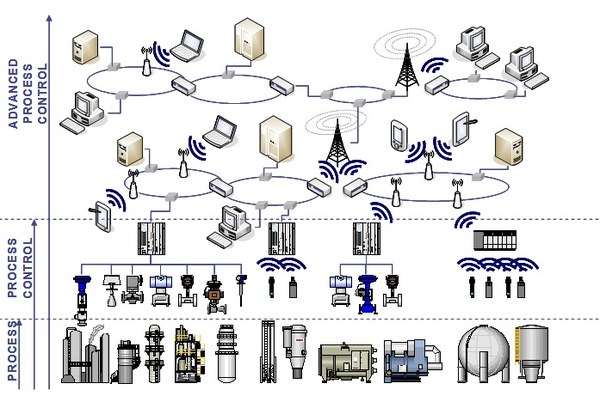Research Areas
The activities of CER CS2AC-UPC are framed in what today is known as TIC technologies, and their main objective is to develop tools that allow to improve the functioning of systems (aerogenerators, cars, airplanes, UAVs, etc.) and complex technological processes, (networks of water distribution, management of water quality, etc). It is understood as an improvement from the fact of achieving certain benefits of operation, until the planning of tasks in order to reduce costs or improving environmental aspects.
In this framework, the areas of research of CS2AC-UPC have been grouped in three work areas, depending on the achieved final objective. In general, the complex systems have different levels of control, local control of the parts of the process and a global control. The research areas are within these two levels, so we have:
 |
Cyber-Physical Systems SecurityCyber-attacks are generic and they can influence the physical processes through the feedback actuation, compromising measurements, actuators data integrity and readiness; on the other hand, they can affect many components in a coordinated way, and can be re-designed to target any other CPS. |
 |
Large scale systemsTo achieve benefits of operation, taking into account economical and environmental aspects. |
 |
Intelligent SupervisionImprovement of the availability, reliability, quality and safety, introducing ways of diagnosing and control systems tolerant to faults. |
 |
Advanced ControlDesign and digital implementation of control systems, to achieve certain benefits of operation. |
Share: